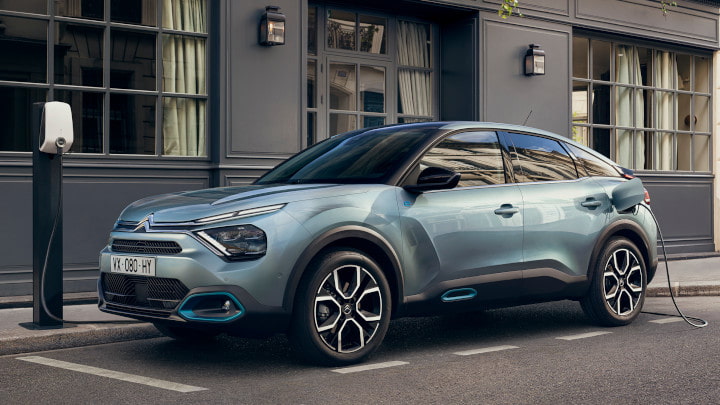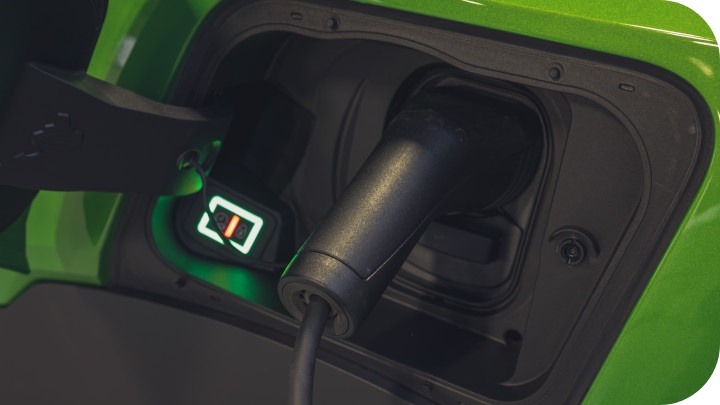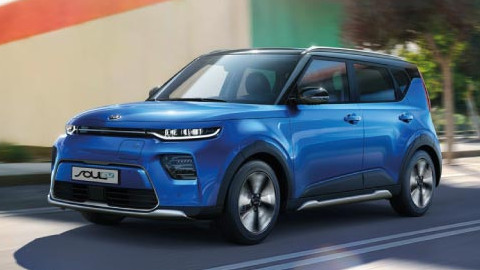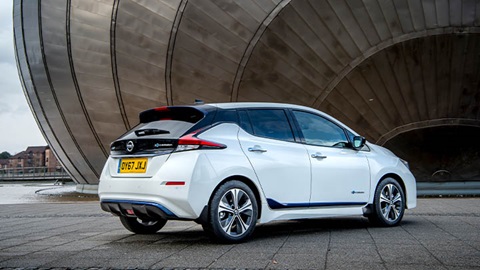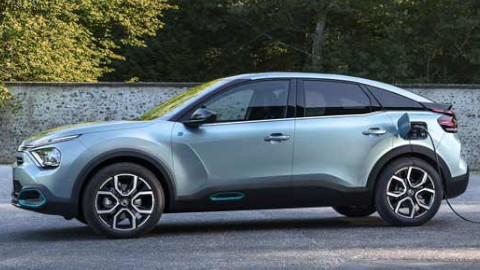Is a hybrid or electric car right for you?
When referring to hybrid and electric cars, there are various types to choose from. The type of hybrid or electric vehicle that's right for you depends on individual preferences.
Understanding the differences between the types, the benefits you will receive, and the costs involved will certainly help make your decision much simpler.
What are the different types of electric vehicles?
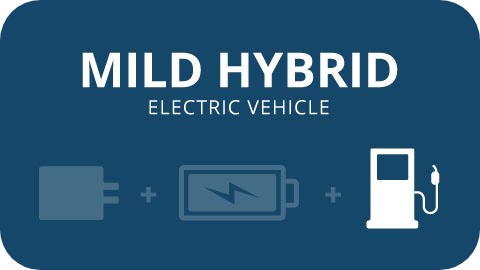
Mild Hybrid (MHEV)
In MHEVs, a battery-driven electric motor assists an ICE in powering the vehicle.
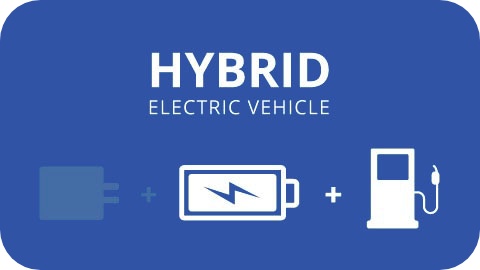
Hybrid (HEV)
Much like a MHEV, HEVs are self-charging and utilise an ICE and battery-driven electric motor, but possess the ability to switch between each source of power.
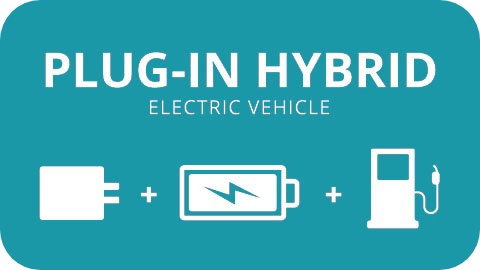
Plug-In Hybrid (PHEV)
PHEVs feature a larger electric motor and an ICE to offer a decent all-electric driving range. You'll need to plug in to recharge, though.
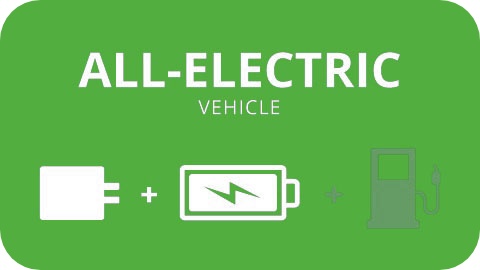
All-Electric (BEV)
BEVs are all electric, meaning they use battery power alone. You'll need to plug in to recharge the batteries when energy is depleted.
Find Your Perfect Hybrid or Electric Vehicle
Looking for a used hybrid or electric vehicle?
With hundreds of used hybrid and electric cars in stock, we're sure to have something that's the right fit for you.
View Used Offers
Hybrid and electric guides and advice
Reasons to Buy an Electric Car
In this video, we highlight five great reasons why you should buy an electric car.
Cheapest Electric Vehicles
We highlight some of the best new and used electric cars that are cheap to buy and affordable to run.
Electric Cars with the Longest Range
Looking for an electric car with a decent all-electric range? We've highlighted electric cars that offer the longest range.
View All Guides and Advice
We've answered a wide range of hybrid and electric related questions and take a look at some of the best EVs for different purposes.
Need More Help?
If you need further advice or help finding a suitable car, you can find an unbiased opinion on some of the most popular electric cars here.
View All Electric Car Reviews
Frequently Asked Questions
All-electric range figures have significantly improved in electric cars resulting in them becoming increasingly more capable of driving longer distances.
The answer varies depending on the car, but the KONA Electric has a WLTP-approved driving range of up to 300 miles on a single charge.
Car batteries are likely to last longer if you provide the right care, but it is anticipated they'll last around 10 to 20 years.
Overheating, overcharging, deep discharge and high discharge can all alter the life-expectancy of a battery in a car; just like with mobile phones.
For peace of mind, most car manufacturers offer a five to eight-year warranty on their batteries.
Electric cars are remarkably fun to drive, some even boast sports-car levels of performance and acceleration.
Whilst the experience is almost silent and relaxing, the instant torque from the electric motor provides rapid acceleration and an exhilarating journey.
The initial purchase price of an electric car does tend to be higher when compared to an equivalent petrol or diesel car. However, running and maintenance costs are noticeably less.
Especially if you charge your car at home or at work, the cost of electricity will be far less than the cost of fuel. Plus, you have the added convenience of not needing to visit a fuel station.
Due to the lack of internal combustion engine in a fully-electric car, tailpipe emissions are also non-existent.
Zero CO2 emissions also means you can expect benefits such as free road tax and free access to emission zones in cities.
Hybrid cars benefit from reduced tailpipe emissions compared to a conventionally-powered petrol or diesel car.
Electric and hybrid cars are considered more efficient than conventionally-powered alternatives.
This is down to innovative features such as intelligent regenerative braking, which captures and stores energy that's usually lost during braking, and redeploys the energy to support with acceleration.
Hybrid and electric cars such as the Kia Sorento Plug-in Hybrid, Ford Mustang Mach-E and Peugeot 3008 Plug-in Hybrid4 are available with all-wheel or four-wheel drive.
Yes, there are grants available for plug-in vehicles dependent on certain criteria. Full details can be found on the government website.

